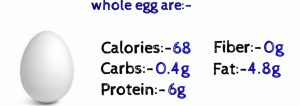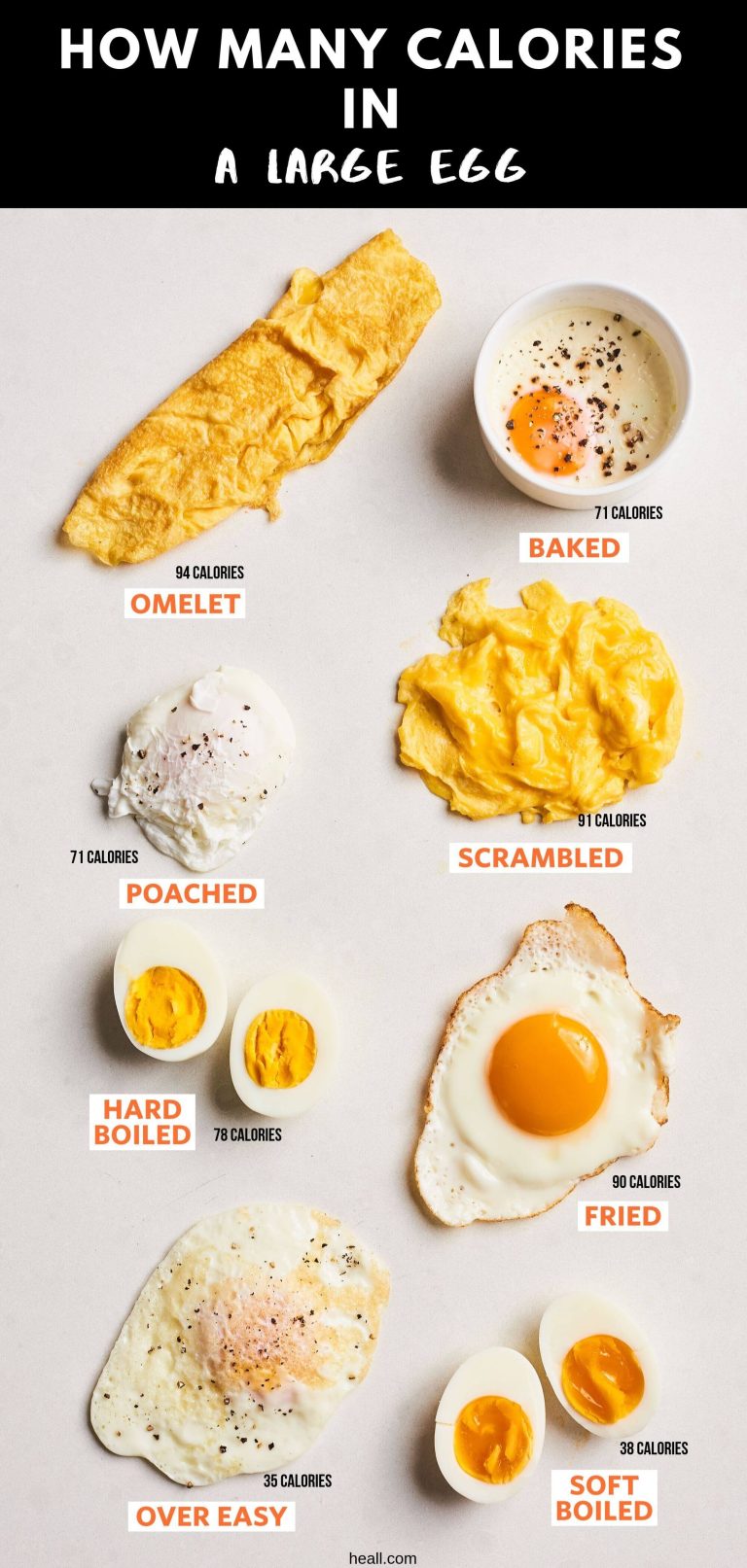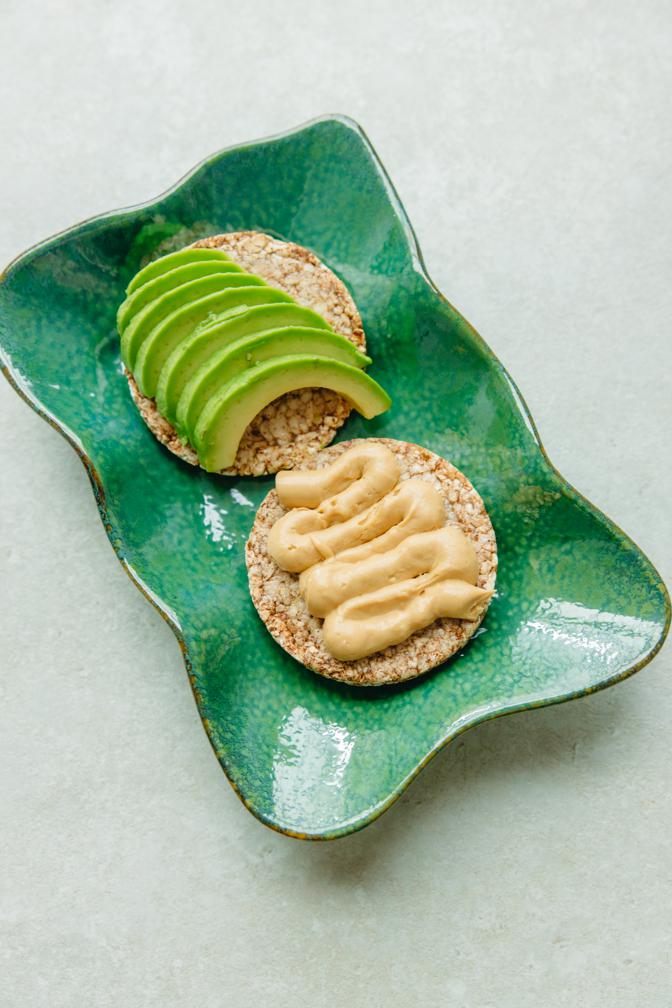Calories In Fried Egg Nutrition Facts
Calories in Fried Egg Nutrition Facts
Are you a fan of fried eggs? Do you enjoy starting your day with a delicious breakfast that includes this classic dish? If so, you might be wondering about the nutritional information and calorie content of a fried egg. In this article, we will explore the calories in fried eggs and provide you with some valuable nutritional facts to help you make informed choices about your breakfast options.
How many calories are in a fried egg?
A fried egg is a simple and versatile dish that can be cooked in various ways. Whether you prefer it over-easy, sunny-side-up, or scrambled, the calorie content of a fried egg remains relatively consistent. On average, a medium-sized fried egg contains around 90 calories.


While this number may seem modest, it is important to remember that the calorie content can vary depending on the cooking method and the fats used in the cooking process. When cooking a fried egg, it is common to use oil or butter to prevent sticking and add flavor. These added fats can increase the overall calorie count.
Nutritional benefits of a fried egg
Despite their relatively low calorie content, fried eggs are packed with essential nutrients that can contribute to a healthy diet. Here are some of the key nutritional benefits of eating fried eggs:
1. Protein: Eggs are an excellent source of high-quality protein, which is essential for building and repairing tissues in the body. A single fried egg contains approximately 6 grams of protein.
2. Vitamin B12: Fried eggs are rich in vitamin B12, which is vital for nerve function and the production of red blood cells. This nutrient is particularly important for vegans and vegetarians who may have difficulty obtaining enough B12 from plant-based sources.
3. Vitamin D: Eggs are one of the few food sources of vitamin D. This nutrient is crucial for bone health, immune function, and overall well-being.
4. Choline: Choline is an essential nutrient that plays a crucial role in brain development, metabolism, and liver function. Fried eggs are a great source of choline, with one egg supplying around 150 milligrams of this important nutrient.
5. Lutein and zeaxanthin: These antioxidants are found in the yolk of eggs and have been linked to a reduced risk of age-related macular degeneration, a leading cause of vision loss in older adults.
Is it healthier to eat a fried egg with or without the yolk?
The yolk of an egg is often the subject of debate when it comes to its nutritional value. While the yolk contains cholesterol and fat, it also contains many essential nutrients. If you are concerned about the cholesterol content, it is important to note that research has shown that dietary cholesterol does not have a significant impact on blood cholesterol levels for most people. Therefore, it is generally considered safe to consume the yolk as part of a balanced diet.
However, if you have high cholesterol or other health concerns, it may be beneficial to limit your intake of egg yolks and opt for egg whites instead. Egg whites are low in calories and fat while still providing a good amount of protein. However, it is worth mentioning that the majority of the nutrients in an egg are found in the yolk, so you may be missing out on some essential vitamins and minerals by excluding it from your meal.
Tips for a healthier fried egg
If you enjoy fried eggs but want to make them a bit healthier, here are some tips to consider:
1. Use minimal oil or butter: Instead of using a generous amount of oil or butter to cook your fried egg, try using a non-stick cooking spray or a small amount of olive oil for a healthier option.
2. Pair it with veggies: Add some extra nutrients to your breakfast by serving your fried egg with a side of sautéed vegetables. This will not only enhance the flavor but also provide additional fiber and vitamins.
3. Avoid overcooking: Overcooking eggs can lead to the formation of harmful compounds. Aim for a slightly runny yolk or a soft scramble to retain the optimal nutritional value.
4. Choose whole-grain bread: Instead of serving your fried egg with white toast, opt for whole-grain bread. This will add more fiber to your meal and help you feel fuller for longer.
5. Experiment with spices: Enhance the flavor of your fried egg without adding extra calories by using spices like paprika, turmeric, or black pepper.
By making small adjustments to your cooking process and pairing your fried egg with nutrient-rich ingredients, you can enjoy a delicious and nutritious breakfast that satisfies your taste buds and supports your overall well-being.
Frequently Asked Questions
1. Are fried eggs a good source of nutrition?
Yes, fried eggs are a good source of nutrition. They contain essential nutrients like protein, vitamins (B12 and D), and minerals (choline) that are important for overall health.
2. Are fried eggs high in cholesterol?
Egg yolks do contain cholesterol, but it is now widely accepted that dietary cholesterol has minimal impact on blood cholesterol levels for most people. Therefore, moderate consumption of fried eggs is generally considered safe for healthy individuals.
3. Can I eat fried eggs if I am on a weight loss diet?
Fried eggs can be part of a healthy weight loss diet as they are low in calories and high in protein, which helps to keep you feeling fuller for longer. However, it is important to consider the cooking method and portion size. Opt for minimal oil or butter and pair your fried egg with vegetables or whole-grain toast for a balanced meal.
Final Thoughts
Fried eggs can be a tasty and nutritious addition to your breakfast routine. While they do contain calories, the overall nutritional benefits make them a worthwhile choice. Moderation and mindful cooking techniques can ensure that you enjoy the taste and benefits of fried eggs without compromising your health goals. So go ahead and savor your next fried egg, knowing that it contributes to your well-being in more ways than one!







